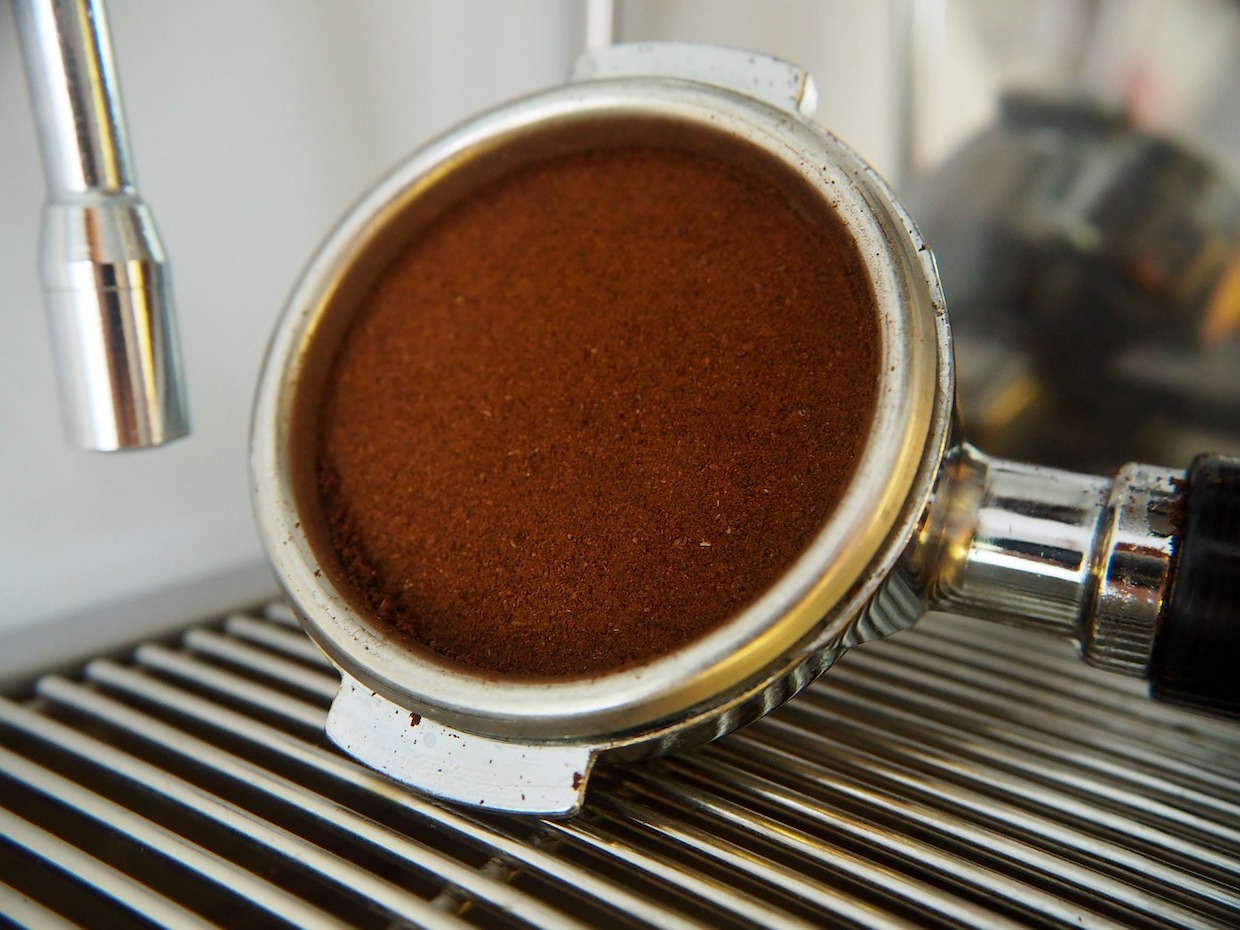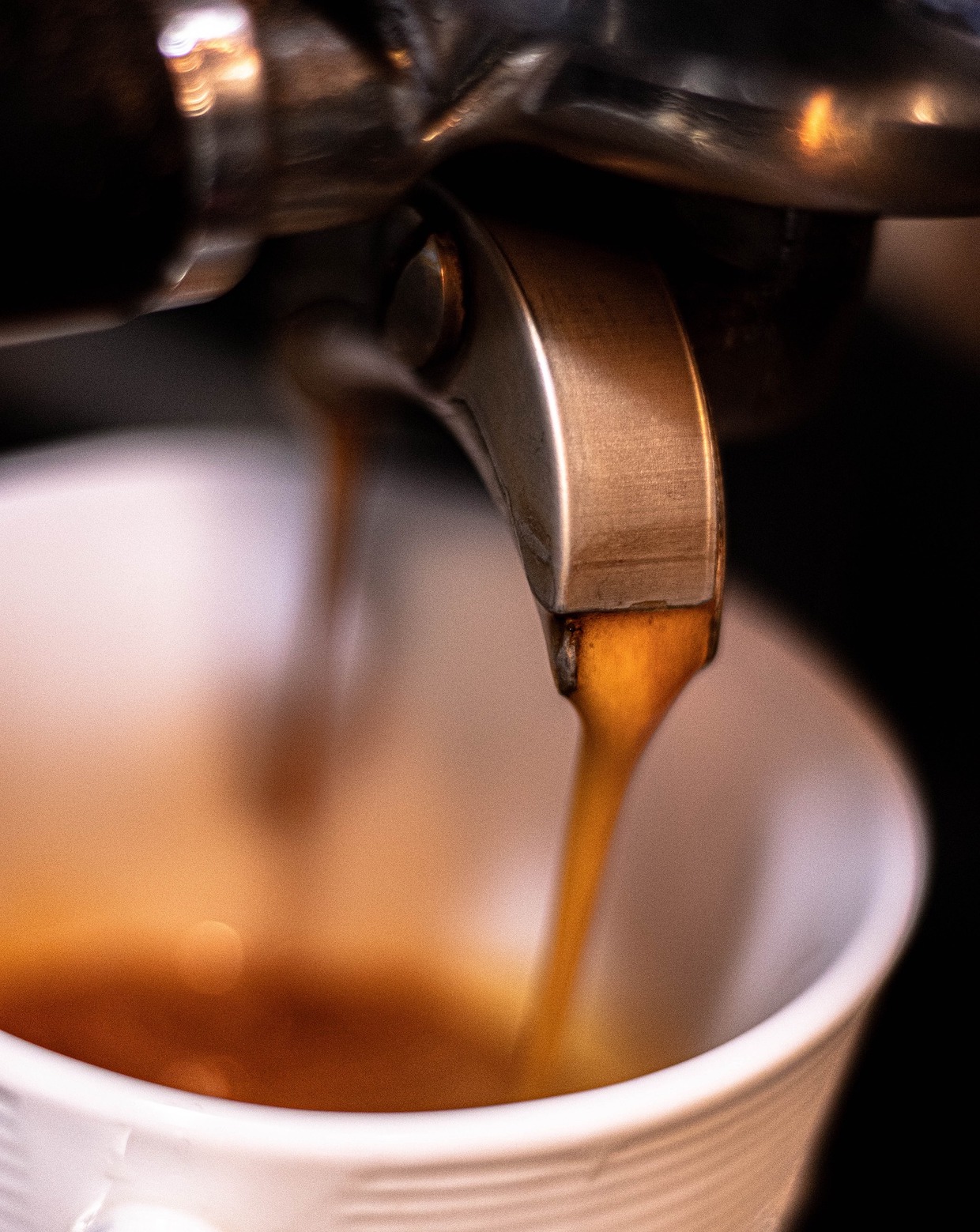Research published yesterday shines a new light on a counterintuitive phenomenon in espresso craft, when finer grinds may lead to underdeveloped, or “weaker,” espresso.
The culprit appears to be uneven extraction, according to the study published yesterday in a special food-focused section of the American Institute of Physics
The research builds upon a groundbreaking study published in 2020 that questioned traditional thoughts and standards related to espresso recipes and extraction principles.
Both studies involve mathematical modeling to explore how variables such as grind size, particle distribution, water pressure and flow affect espresso extraction. Both also state an intention to help professional coffee people better understand and control espresso quality, while potentially reducing coffee waste in day-to-day operations.
Led by researchers at the University of Huddersfield (UK), the new study offers fresh insight into how more finely ground coffee might result in uneven extraction.
Traditional thinking is that finer coffee grounds result in more surface contact with water, which might likely result in increased extraction as pressurized water is forced through the coffee basket.
Building upon the findings of the 2020 study — which was led by coffee-focused chemist Christopher Hendon of the University of Oregon — the new study involved a model with two regions within a single coffee bed, in order to explore how unevenness might affect the results.
“Our model shows that flow and extraction widened the initial disparity in flow between the two regions due to a positive feedback loop, in which more flow leads to more extraction, which in turn reduces resistance and leads to more flow,” said study co-author William Lee. “This effect appears to always be active, and it isn’t until one of the regions has all of its soluble coffee extracted that we see the experimentally observed decrease in extraction with decreasing grind size.”
The Huddersfield researchers said they hope to build upon the new work, which might ultimately lead to practical applications in the coffee industry.
“Our next step is to make the model more realistic to see if we can obtain more detailed insights into this confusing phenomenon,” said Lee. “Once this is achieved, we can start to think about whether it is possible to make changes to the way espresso coffee is brewed to reduce the amount of uneven extraction.”
Does your coffee business have news to share? Let DCN’s editors know here.
Nick Brown
Nick Brown is the editor of Daily Coffee News by Roast Magazine.
Comment
1 Comment
Comments are closed.








Kopi Coffee Sells Premium Indonesian Coffee. We offer fresh Indonesian coffee from various islands with a unique and flavorful taste. premium Indonesian coffee brand with the taste of buds in 100% premium arabica coffee beans from Indonesia.